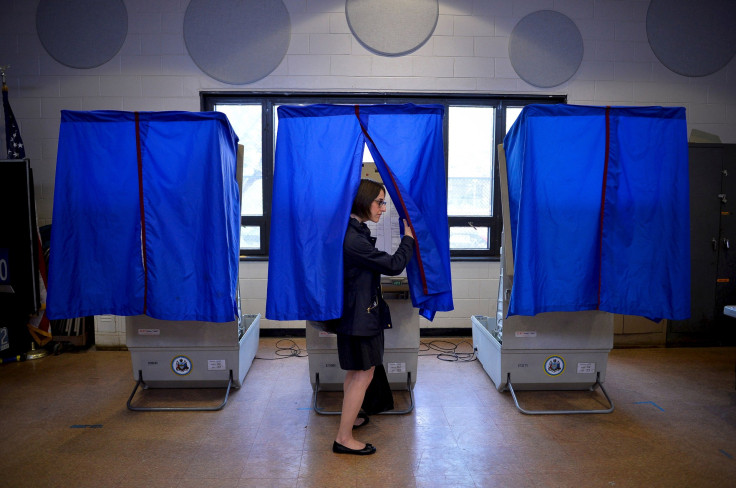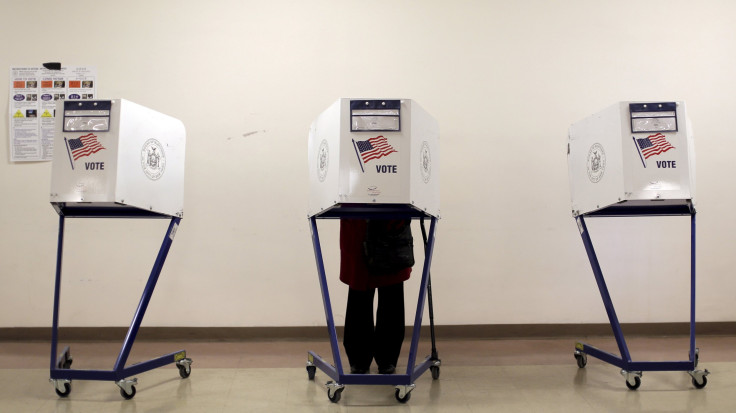Is The 2016 Presidential Election Rigged For Hillary Clinton To Win? No, And Here's Why US Elections Are Considered Fair

Political cyber attacks have shaped a large part of the 2016 presidential election, playing into the hands of those alleging its outcome could be rigged in favor of former Secretary of State Hillary Clinton, despite her campaign and the Democratic Party being on the receiving end of most hacks. Republican nominee Donald Trump has further perpetuated this theory, claiming everything from the media, to the polls and the election in general are skewed against him.
Luckily for American voters, a "rigged system" couldn’t be further from the truth.
Though the majority of Trump’s supporters have come to believe his claims, with a September Washington Post-ABC News poll showing 69 percent of his backers think voter fraud occurs somewhat to very often, the national election system is essentially impossible to manipulate. The United States employs one of the most advanced, secure voting systems in the entire world, considered impenetrable by cybersecurity officials and politicians across party lines alike.

Voting in federal elections is done entirely offline and is secured at numerous levels. Electronic voting machines do not access the internet, and polling locations are monitored at all times by election officials. Moreover, organizations including the Department of Homeland Security and the Election Assistance Commission create standards for record-keeping and data protection services to ensure votes will be protected even in the case of a breach. Vote tallies are then performed at the local level, where counties and separate jurisdictions sift through thousands of votes before submitting their totals to the state.
"Nobody is going to be able to change the outcome of the presidential vote by hacking voting machines," Nicholas Weaver, a computer scientist and cybersecurity expert at the International Computer Science Institute at the University of California, Berkeley, told CNN. "The system is too distributed, too decentralized, too many implementations for any individual actor or group to make substantial change."
A more prevalent concern for voters would actually be a cyberattack on voter registration databases, an incident which has occurred frequently over the course of the 2016 election. While only 2,068 cases of alleged voter fraud have occurred since 2000 according to the Washington Post, officials have said at least 20 states have had their databases become the targets of hackers. Nearly 191 million registered voters had personal information dumped on the web last year, with personal information and voting history dating back to 2000 all being included in the leak.
Still, cyberattacks have been unable to skew any election in American history, and will be unable to alter the numerical outcome of the popular vote. If anything, these hacks can only influence public opinion up until Election Day, which continue to play a role in Clinton barely pulling ahead of Trump in the polls.
© Copyright IBTimes 2024. All rights reserved.





















